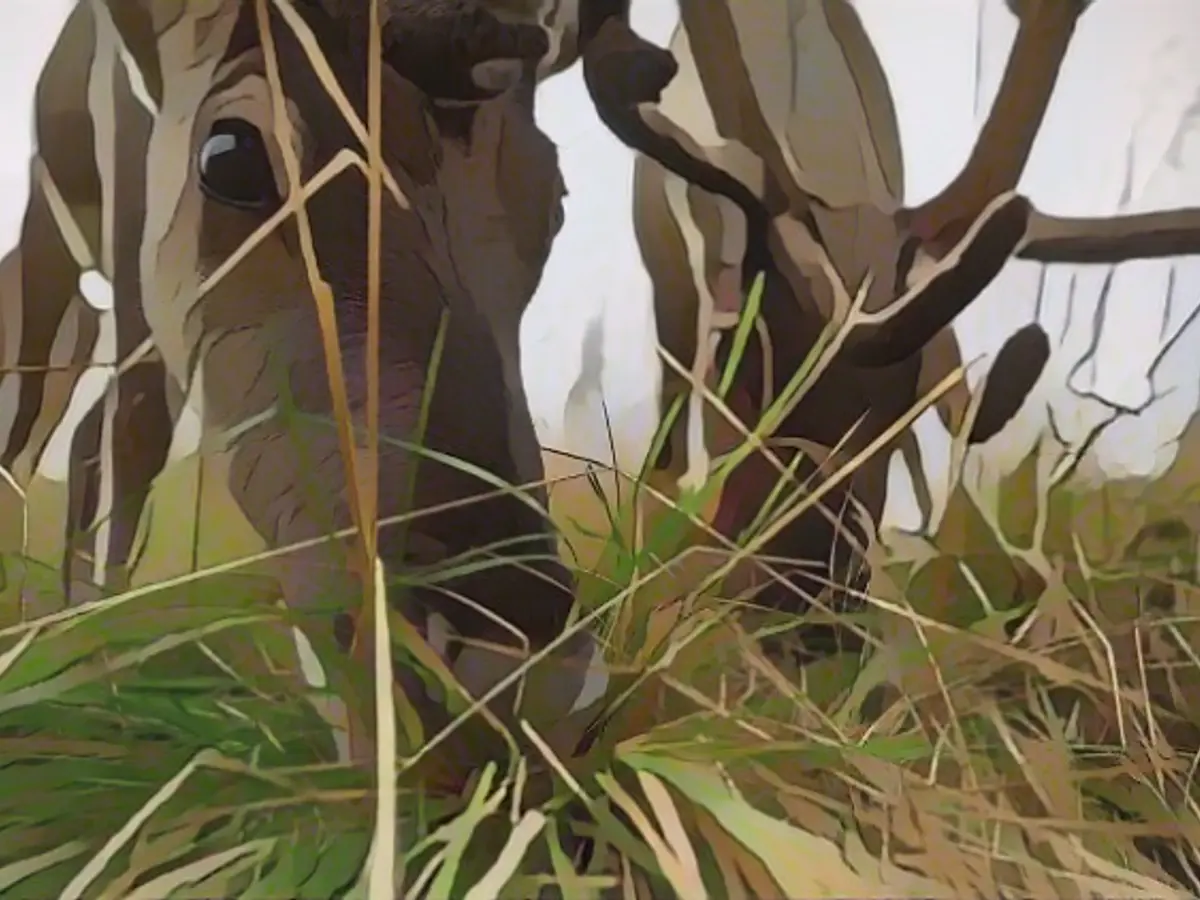Rethinking Wolf Conservation: Lemke Advocates for Understanding and Coexistence
In the wake of a suspected wolf attack in Brandenburg, German Environment Minister Steffi Lemke (Greens) has urged caution in dealing with these wild animals. Speaking to the German Press Agency, Lemke emphasized the need to view wolves as more than mere pests, likening them to our domesticated canine companions and insisting on a balanced approach to wolf conservation in Germany.
As the wolf has re-emerged in Germany, a delicate balance must be maintained between the interests of livestock farmers and the preservation of this once endangered species. Lemke rejects the extreme notion of eradicating wolves, emphasizing their role as a natural predator and the challenges they pose for livestock farmers.
The latest incident in Brandenburg underscores the vulnerability of humans in close-quarters coexistence with these animals. A 47-year-old man sustained severe injuries when his dog was attacked by an animal in a wooded area, with genetic testing pending to determine whether it was indeed a wolf.
Lemke advocates for a nuanced approach, acknowledging the challenges faced by livestock farmers who are often at the mercy of wolf attacks. However, she argues that indiscriminate culling of wolves is not a viable solution, stressing the importance of careful management and caution when dealing with these animals.
While specific policies or proposals from Lemke are not detailed in the available sources, her stance on the wolf issue underscores the need for balanced conservation efforts that prioritize understanding, coexistence, and the protection of these wild animals in a human-dominated environment.
Related Articles:
Enrichment Data:
- Wolf Habitat and Conservation:
- German wolf habitats span diverse landscapes, from dense forests to agricultural areas. As humans encroach on these habitats, conflicts often arise, particularly with livestock attacks.
- To protect and conserve wolves, targeted measures such as creating migration corridors and educational programs to promote coexistence are essential.
- Wolf Conservation in Europe:
- Europe faces a critical challenge in protecting its dwindling wolf populations, with conservation efforts aiming to maintain strict protection statuses and promote coexistence with humans.
- The European Action Wolves campaign was launched to prevent downgrading wolf protection in Europe, reflecting a collective effort to preserve these valuable wild animals.






